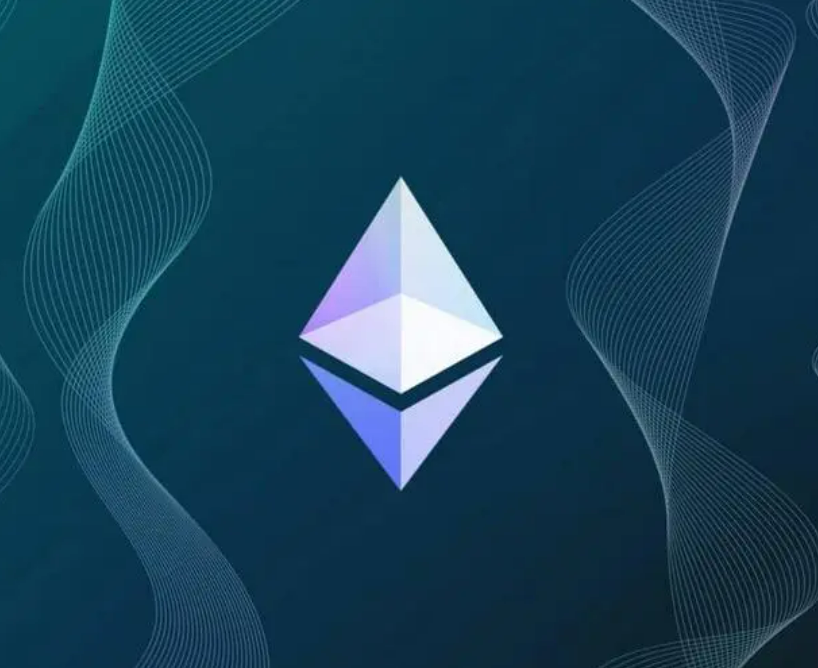U.S. Treasury Secretary Yellen: I think we may continue to see a slight decline in the 10-year Treasury yield.
Welcome Back
Join CoinTime
Sign in with email
Sign up with email
Check your inbox
Point
SpaceX will begin its initial public offering roadshow to non-U.S. banks.
market news: SpaceX, owned by Musk, will launch its initial public offering roadshow to non-US banks.
US Treasury Secretary Bessant: Reiterates My Consistent Support for a Strong Dollar Policy
US Treasury Secretary Janet Yellen: Reaffirms that I always support a strong dollar policy.
U.S. Labor Department: Non-farm payrolls will be released on February 11, CPI data will be released on February 13.
U.S. Bureau of Labor Statistics has rescheduled the release date of the January non-farm payroll report to February 11; the January CPI report release date has been rescheduled to February 13. In addition, the December Job Openings and Labor Turnover Survey report will be released on February 5.
Coinbase will launch Doodles (DOOD)
Coinbase announced the launch of Doodles (DOOD) spot trading. If liquidity conditions are met and the trading-supported regions comply with trading requirements, the DOOD-USD trading pair will open at or after 9 AM Pacific Time.
Trend Research reports that 10,000 ETH were deposited into Binance, suggesting a possible sell-off.
according to on-chain analyst Ai Yi's monitoring, Trend Research under Yi Lihua deposited 10,000 ETH into Binance and is suspected of selling, valued at 21.2 million USD; meanwhile, they just withdrew 30 million USDT from Binance to repay loans.
Bloomberg ETF analysts: ETF funds showed high stability during the Bitcoin decline, with 94% of holdings remaining stable.
Bloomberg ETF analyst Eric Balchunas stated that despite Bitcoin experiencing a significant pullback of about 40% and some investors still being at a floating loss, only about 6% of assets in Bitcoin ETFs have been withdrawn, with approximately 94% of funds remaining, indicating that ETF investors' holdings remain relatively resilient.
Bitcoin's decline has reignited concerns about a "four-year cycle," but analysts say a repeat of an 80% drop is unlikely.
K33 analysis indicates Bitcoin has fallen about 40% from its all-time high, with the trend once again resembling the downward phase in the past four-year cycles, raising concerns in the market about a bear market replay. However, the institution believes that the current downturn is structurally different from 2018 and 2022, and the possibility of an approximately 80% peak-to-trough decline is low.
K33 Research Director Vetle Lunde points out that although recent market behavior shows similarities to historical deep corrections, there is currently stronger institutional participation, inflows into compliant products, and a more accommodative interest rate environment, lacking the systemic deleveraging event seen in 2022.
He also mentions that some "bottoming signals" have begun to appear, including extreme pressure readings in spot trading volume and derivatives markets, but these are still insufficient to confirm a clear bottom. Lunde believes that around $74,000 is a key support level; if broken, the price may drop to $69,000 or even the $58,000 area near the 200-week moving average. Overall, K33 views the current price level as a potential entry range for long-term investors.
Nasdaq plunges more than 1%
Nasdaq plunged more than 1%, Nvidia (NVDA.O) fell 2%, Amazon (AMZN.O) fell 1.6%.
A whale/institution sold 41,800 ETH to avoid liquidation and subsequently deposited them into Aave to repay a loan.
According to on-chain analyst @ai_9684xtpa, a certain whale/institution sold 41,800 ETH to avoid liquidation. They sold a total of $94,140,000 worth of ETH through Hyperunit via 10 addresses in the past 8 hours, then deposited it into Aave to repay loans. Since the market downturn on January 31, they have sold a total of 58,117 ETH (about $131 million), currently still staking 38,465.3 ETH on-chain and borrowing 40.06 million USDC.













